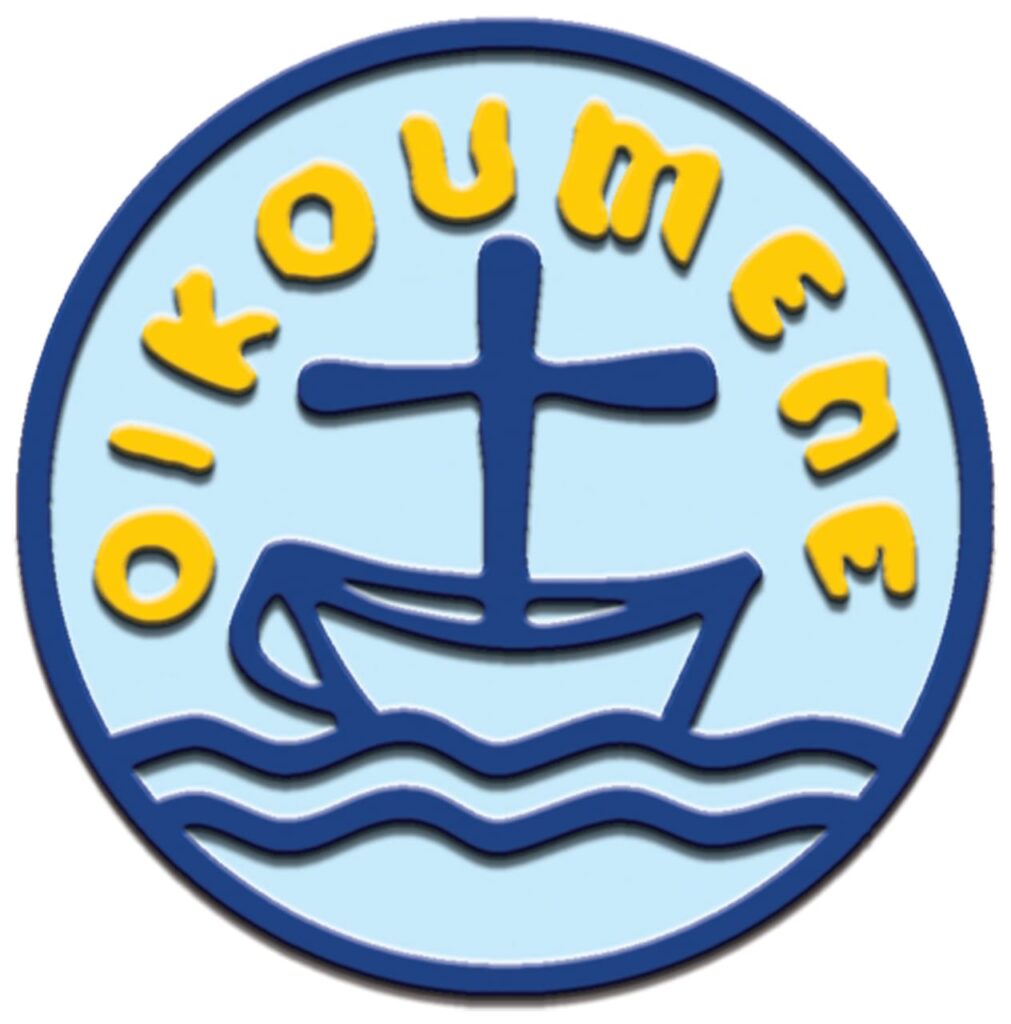Over the past several years at Mt. Olive, we’ve been engaging with our community in new ways, especially through our annual Vacation Bible School and Trunk or Treat events. We are also in the beginning stages of a new relationship with Trail Life USA. And with Justin Tagawa’s input on our church council, we are looking into new ways we can utilize our church property for mission and ministry within our Crescenta Valley community.
In addition to all of this, we’ve started an outreach Bible study at Panera Bread Restaurant in La Cañada every third Saturday at 8:30am. We also have a Meetup.com page for this special Bible study, and we’ve had three Bible study participants join us from this social media page so far.
Regarding worship, we are rotating between three liturgies throughout the year: ELW 2, ELW 4 (which is basically LBW 2), and Victory Feast. Jim Tagawa has formed the Cross Street Kids group with our little ones, and they have presented various musical offerings for worship several times this past year. We continue to be blessed to have Sean Paxton and Angela Zelaya direct our choirs. Rita Kubela and the Sanctuary Decorations Committee continue to decorate the sanctuary for our annual cycles of worship. Furthermore, we are also holding joint worship services with Lutheran Church in the Foothills (LCIF) for Ash Wednesday and Thanksgiving Eve each year on a rotating basis.
Lastly but most importantly, we continue to faithfully offer Christ to and for all people. Our clear message to the Crescenta Valley community continues to be the following:
God loves you, and he has poured out his love for you in and through Jesus Christ. By his sacrificial death and resurrection life, Christ renews your life.
At Mt. Olive Lutheran Church we continue to proclaim Christ crucified for us and for all people. Visitors to Mt. Olive find God with his people. Every Sunday morning at 9:30am they find a grace-filled encounter with God through the Holy Word and Blessed Sacrament of Jesus our Lord, as well as through sacred prayers, time-honored hymns and spiritual songs. Moreover, every week at our midweek Bible study, and every third Saturday at our outreach Bible study at Panera, people find personal connection and spiritual relationship with each other around the Word of God within the Holy Scriptures.
May the love, grace and peace of Christ our Lord be with all of you!
Respectfully Submitted in the Name of Jesus Christ, Pastor Tim

